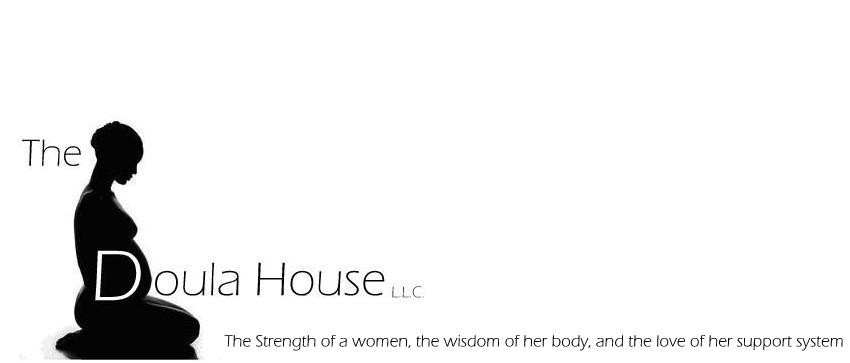If there’s one rule about the type of pregnant woman who develops pre-eclampsia, it’s that there are no rules. “It’s pretty much an equal opportunity disease,” says Kathleen Mahoney, APN, prenatal clinical nurse specialist at Robert Wood Johnson University Hospital in New Brunswick, N.J.
Also called pregnancy induced hypertension, pre-eclampsia occurs in about 2% to 7% of healthy women, but both incidence and severity are greater in women with risk factors, such as multifetal gestation, chronic hypertension, previous pre-eclampsia, diabetes, obesity and thrombophilia, according to the medical textbook “Obstetrics: Normal and Problem Pregnancies,” published in 2007.
But risk factors alone don’t dictate who will develop the life-threatening condition, which is sometimes responsible for maternal deaths, says Jane Salzone-Johnson, RN-C, BSN, nurse manager of labor and delivery and high-risk antepartum at St. Barnabas Medical Center in Livingston, N.J.
“Recently an Asian woman, who didn’t have any risk factors except that she was having twins, was brought in by ambulance [while] seizing,” Salzone-Johnson says. “We delivered her babies, and she did very well. But here’s someone who didn’t fit the category — she had good prenatal care and was followed regularly — and she came into the hospital seizing.”
The condition affects the vascular system by increasing blood pressure, which can decrease or block blood flow to the placenta-fetal unit. To date, the only known way to resolve the condition is delivery.
Since there is no known cause, there is no way to prevent the condition. “We treat everyone when they’re in prenatal care as if it’s something they’re going to get — we take blood pressure at every visit, weigh people at every visit to check if they’re starting to accumulate fluid,” Mahoney says. “Prenatal care is the foundation for detection, education and entry into treatment.”
Serious Risks If left untreated, pre-eclampsia can cause stroke, stillbirth and maternal death. The disease’s outward symptoms, which usually appear in the third trimester, include swelling in the face, hands and feet, blurred vision and epi-gastric pain. As soon as medical professionals notice an indicator, such as a blood pressure increase from 110 over 70 to 130 over 85, extra weight gain or decreased urine output, a woman’s blood and urine are tested and she’s placed on a maternal fetal monitor, Salzone-Johnson says.
“If the blood work comes back normal, the doctor is likely to tell her to go home and be on limited activity and come back in a week,” she says.
In more severe cases, a diagnosis leads to immediate delivery. “No matter what week gestation; she could be 24 weeks and could be delivered,” Salzone-Johnson says. “In pre-eclampsia, the placenta is not nourishing the baby, so the baby is not going to get any larger or get any more nourishment from the placenta.”
Regardless of how quickly delivery occurs, patients receive magnesium sulfate, which lessens the chance of the condition worsening to eclampsia and the mother suffering from convulsions. Antihypertensive medications are given to lower severely high blood pressure. If the gestational age is 24 to 34 weeks, corticosteroids are administered to accelerate fetal lung maturity.
“If you have pre-eclampsia, we’ll do everything to prevent eclampsia,” Mahoney says. “All of the medication and even the decision to deliver is based on the desire not to have the women seize. If you have an eclamptic seizure, you’ll have the same movements as a tonic-clonic seizure. You could lose consciousness, and because you have this massive kind of muscle activity, you could have decreased oxygen to the baby.”
Additionally, the seizures could lead to maternal cerebral hemorrhage and fetal death or brain injury from oxygen deprivation, says Maria DeMarinis Smilios, MS, ACNS-BC, assistant director of nursing for maternal child services at Flushing Hospital Medical Center in Queens, N.Y.
Rest and Recovery Despite the potential severity of the outcomes, the majority of cases end well, nurses say.
Mothers on magnesium sulfate can have vaginal births and recover quickly from the effects of the magnesium sulfate, which include lethargy, hot flashes and overall malaise, they add.
“Mothers are still at risk for developing seizures 24 to 72 hours after birth, so we keep mothers in the post-anesthesia care unit and on magnesium sulfate for 24 hours after birth until they are stabilized,” Smilios says. “We keep the lights dim, a quiet environment and minimize the visitors to keep her from being overly stimulated.”
At Flushing, mothers are wheeled to the nursery to see and, if possible, touch their babies. Most facilities encourage mothers to pump their breasts or breast-feed as the benefits of breast-feeding outweigh the effects of the magnesium sulfate, Smilios says.
Over the six-week postpartum period, the mother will eliminate the excess fluid and her blood pressure will normalize, Salzone-Johnson says.
From the moment it’s detected to the time of delivery, nurses should advise mothers that with proper treatment, it is possible to have a healthy baby, Smilios says.
“As long as it’s identified early, it’s treatable,” Smilios says. “It’s not something that will harm the mother dramatically or the fetus dramatically, and the outcomes are very successful.”
More than anything nurses can do to minimize the impact of the disease is remain educated, Mahoney says.
“You really need to keep track of the literature because there are patients who come to you and they can’t walk and they can’t talk and they aren’t engaged in their care, so you have to be able to give them the tools to help them be fully engaged,” Mahoney says. “And the more you know, the more they will know and the better off they’re going to be.”
http://news.nurse.com/article/20101227/NATIONAL01/312270001/-1/frontpage
